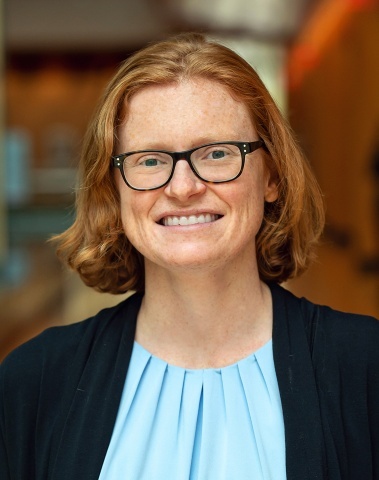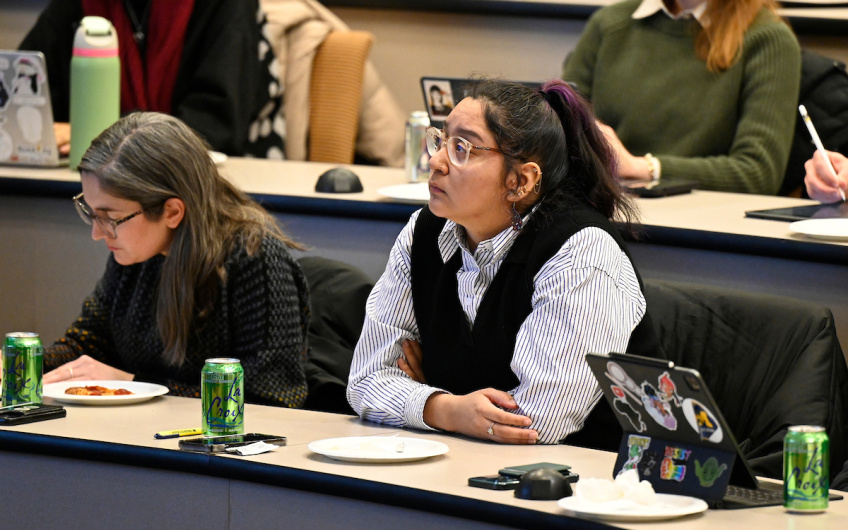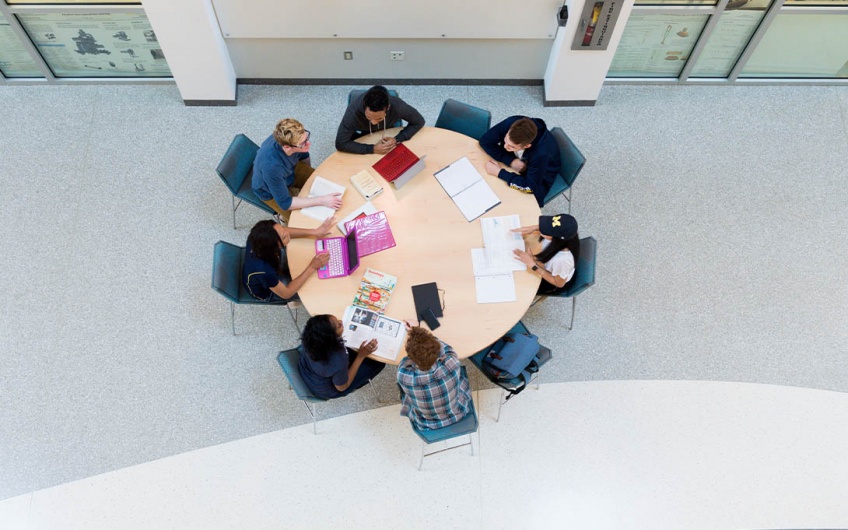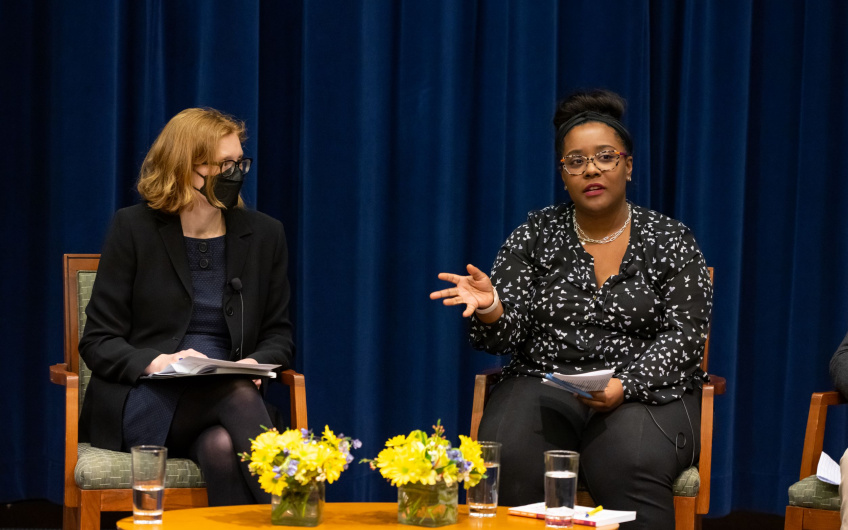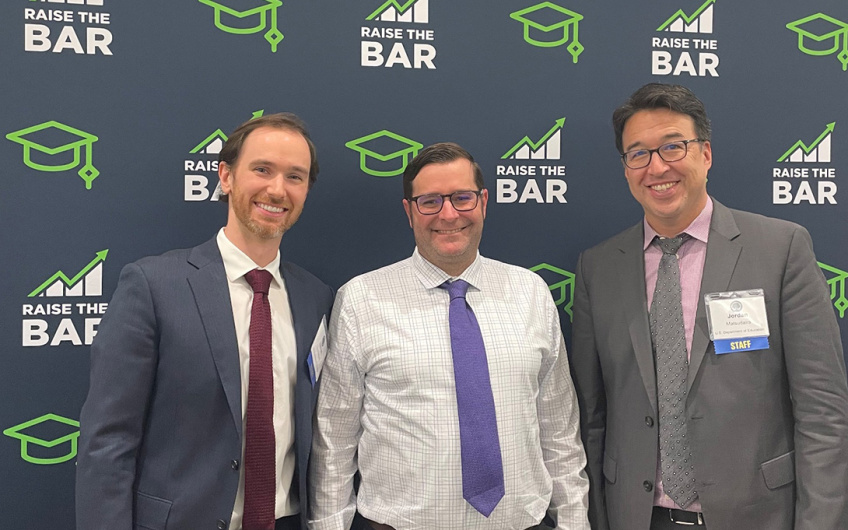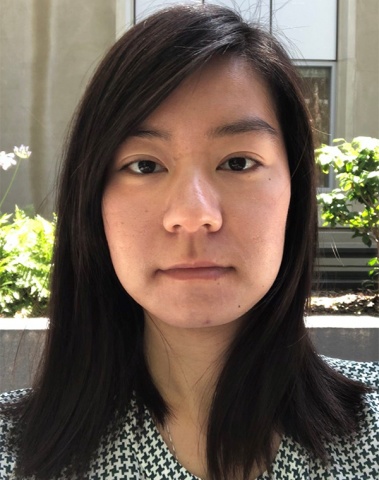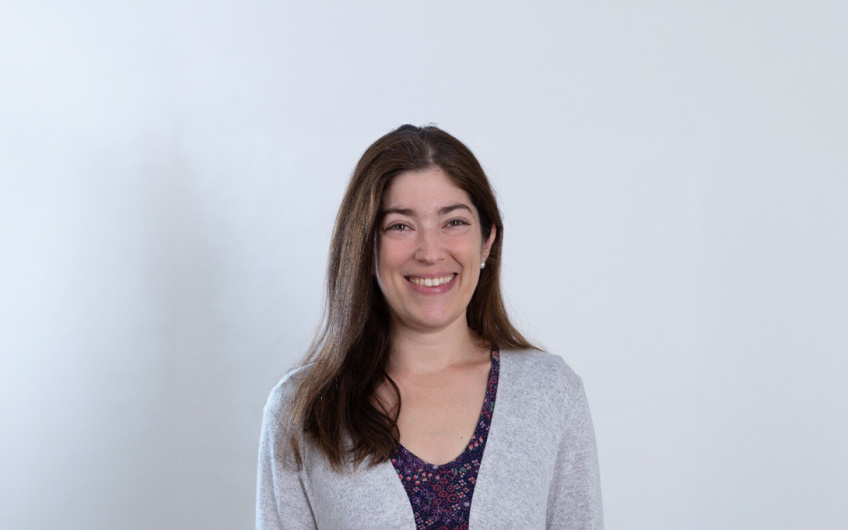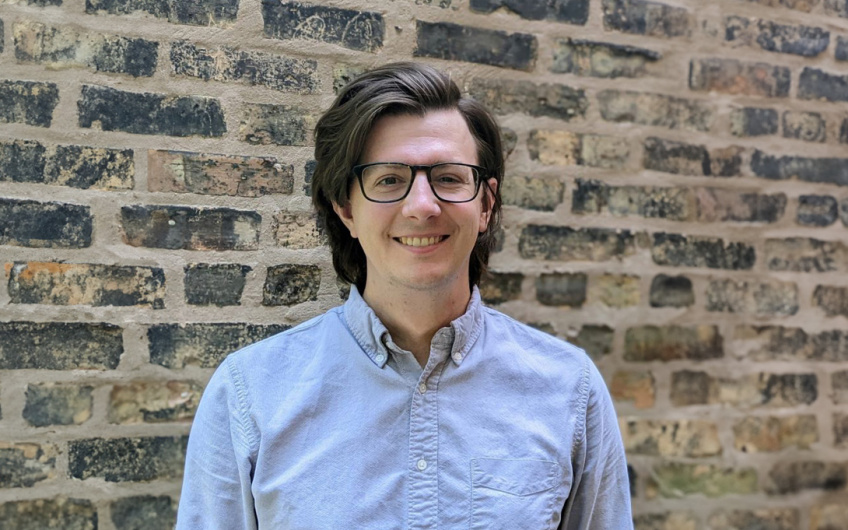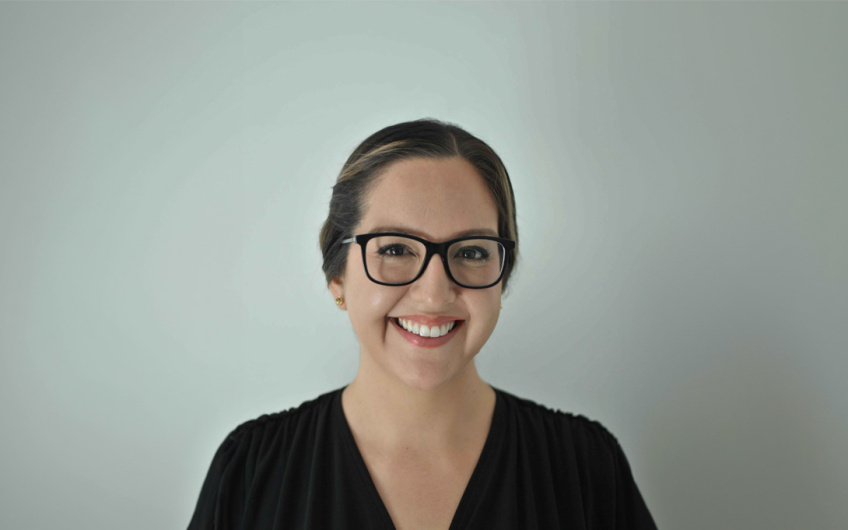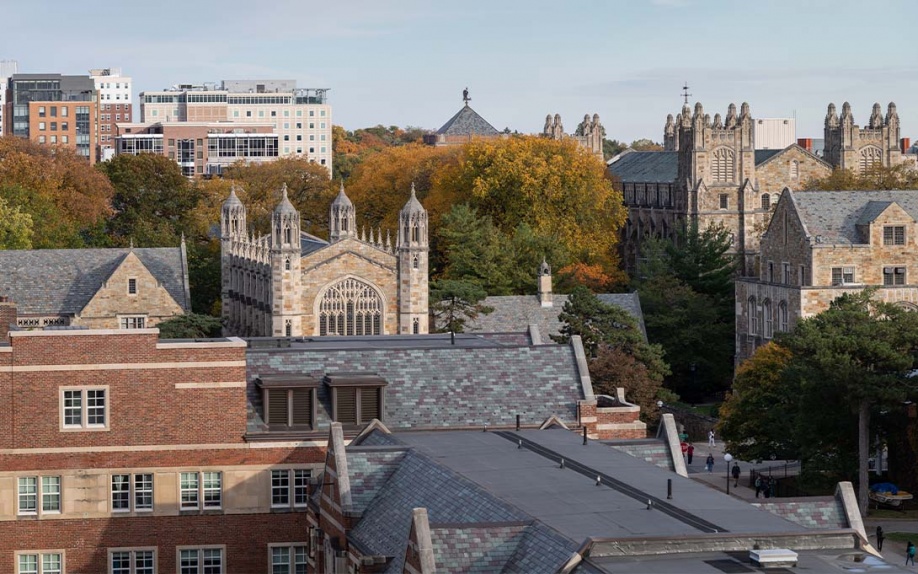
Predoctoral fellowship program
EPI faculty and predoctoral students will present their research at the Association for Education Finance & Policy's Annual Conference. A list of our presenters and papers presented can be found here.
U-M’s interdisciplinary Causal Inference in Education Policy Research (CIEPR) Predoctoral Fellowship program offers three- and four-year fellowships to doctoral students interested in learning how to use causal research methods to evaluate educational policies and practices spanning early childhood to students going into the labor market.
Participating fellows take required courses, work closely with core faculty in research apprenticeships, participate in research workshops, network with eminent education policy scholars, and gain professional skills like presenting research to a range of audiences, writing small and large grant proposals, and building research practitioner partnerships. Most importantly, fellows are part of a community of doctoral students, postdoctoral fellows, faculty, and staff who share in their passion for improving outcomes across U.S. education.
Program core faculty from U-M’s School of Education, Public Policy, Economics, and Sociology teach core courses, participate in the fellow selection process, mentor and advise fellows, manage the fellows' research apprenticeships, and work closely with fellows to ensure their success. Fellows supported by the program will receive an annual stipend, full tuition support, fringe benefits, and a research allowance to support further professional development activities.
Graduates of the Predoctoral Fellowship program have gone on to successful careers in academia and other research organizations, some of whom now serve in leadership positions within local and state education agencies.
Christina Weiland
Data mining at USED: Updating old systems to inform new policy
More Predoc Fellow News
Katherine Leu
Have any questions?


